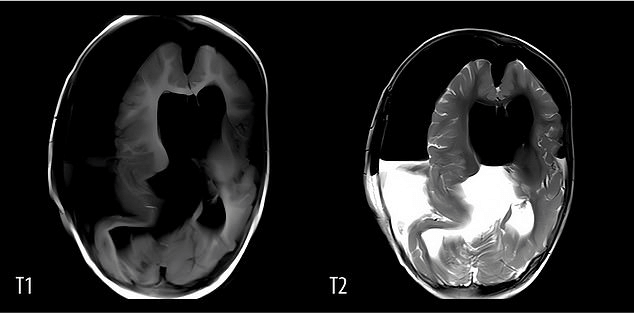Morphine During Pregnancy – Is It Safe?

Pregnancy, labor, and even the postpartum period often bring discomfort and pain for many women. This leads to a common concern: can you take morphine during pregnancy? This article will explore the risks, benefits, and safe practices associated with using morphine during pregnancy.
What is Morphine?
Morphine is a potent opioid analgesic derived from the opium poppy plant. It’s widely used to manage severe pain, particularly in cases where other pain medications are ineffective. Morphine works by binding to specific pain receptors in the nervous system, effectively reducing the perception of pain. It’s often prescribed for post-surgical pain, cancer-related pain, and other severe medical conditions.
Why Do People Take Morphine?
Morphine is preferred for managing severe pain that doesn’t respond to other medications. It is commonly used for:
- Post-operative pain
- Terminal illnesses like cancer
- Chronic pain conditions
Also read: Medicines To Avoid During Pregnancy – What You Need To Know
Risks of Taking Morphine During Pregnancy
Using morphine during pregnancy can pose significant risks to both the mother and the developing fetus. Here are some potential consequences:
For the Mother:
- Respiratory Issues: Morphine can depress the central nervous system, leading to respiratory depression, which means slowed or shallow breathing.
- Morphine Dependency: Prolonged use of morphine can lead to physical dependence, making it difficult to stop without experiencing withdrawal symptoms.
- Mental Health Concerns: Morphine use during pregnancy can increase the risk of depression, anxiety, and other mood disorders.
- Increased Risk of Accidents: Morphine can cause drowsiness and impair cognitive function, increasing the risk of accidents and injuries.
- Impact on Labor and Delivery: Morphine use may complicate labor and delivery, affecting uterine contractions and potentially requiring additional medical interventions.
- Breastfeeding Considerations: Morphine can pass into breast milk, potentially exposing the infant to the drug.
- Increased Risk of Overdose: Opioids carry a risk of overdose, which can result in severe respiratory depression, loss of consciousness, and even death.
For the Unborn Baby:
- Neonatal Abstinence Syndrome (NAS): The developing fetus can become dependent on morphine, leading to withdrawal symptoms after birth. Symptoms include irritability, feeding difficulties, tremors, and seizures.
- Respiratory Distress: Morphine can depress the baby’s respiratory system, leading to difficulties in breathing.
- Low Birth Weight: Prenatal exposure to morphine can increase the risk of low birth weight, which can result in health challenges and higher susceptibility to complications.
- Preterm Birth: Morphine use can elevate the risk of preterm birth, exposing the baby to various health issues, including respiratory problems and developmental delays.
- Long-term Cognitive Impacts: Prenatal exposure to opioids can have lasting effects on cognitive development, potentially leading to learning difficulties and behavioral issues.
- Impact on the Central Nervous System: Morphine can affect the development of the fetal brain, leading to long-term neurological consequences.
Safe Pain Relief Alternatives During Pregnancy
1. Paracetamol (Acetaminophen)
Paracetamol is considered relatively safe for use during pregnancy and can help relieve pain and reduce fever.
2. Non-Opioid Analgesics
Other non-opioid pain relievers can be used under medical supervision to manage pain without the risks associated with opioids like morphine.
3. Non-Medical Pain Relief
Techniques such as prenatal yoga, physical therapy, and acupuncture may provide pain relief without the use of medications.
FAQs
1. What Pain Relief is Safe During Pregnancy?
Paracetamol is generally considered safe for use during pregnancy to relieve pain and reduce fever.
2. Is Tramadol Safe During Pregnancy?
Tramadol is usually not recommended during pregnancy due to its potential for addiction and adverse effects on both the mother and the baby.
3. Can Too Many Painkillers Cause a Miscarriage?
Research indicates that taking certain painkillers, especially NSAIDs like aspirin and ibuprofen, during the first 20 weeks of pregnancy may increase the risk of miscarriage.
Conclusion
While morphine is effective for managing severe pain, its use during pregnancy poses significant risks to both the mother and the unborn baby. It should only be considered when other pain relief methods are ineffective and always under the guidance of a healthcare provider. If you are struggling with pain during pregnancy, consult your doctor to explore safer alternatives.
Also read: Can You Take Pepto-Bismol During Pregnancy?






